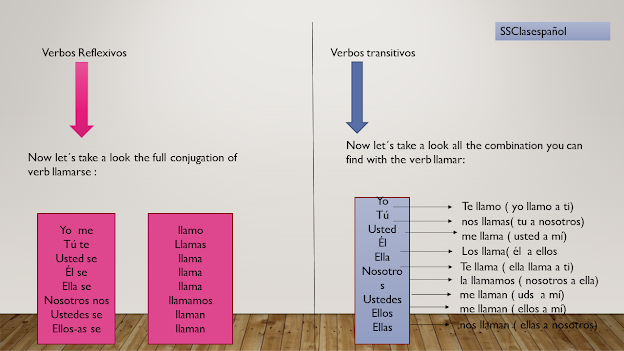Hi, my dear readers. In today´s post I would like to take you to a small trip through the past imperfect ( pretérito imperfecto), I know, I know... You are thinking that you have watched many videos in Youtube that explain how to use the pasts and I bet you have read many other posts or blogs and maybe you still don´t understand when to say era or fue, vivía or viví, but if you start analyzing carefully how natives talk, probably your understanding of the past in Spanish will improve. Reading rules and isolated examples are not enough, you need to put everything in context and what better context that to listen and analyzing lyrics from Spanish songs?
In May you have the opportunity to read a post also related to pretérito
imperfecto. In that post we studied the imperfect to talk about description
in past with the song Insoportablemente
bella. Today I have another song, a classic sung by a particularly
important singer called Silvio Rodríguez. With Silvio´s song you will notice
how to use imperfect for descriptions but also used as a routine past.
Let´s look
Eramos una
vez un grupo de nueve o diez
Que coincidía cada noche
Una suerte de sueños que hacían cuadrilla
Unos buenos muchachos riendo juntos
Érase que se era una vez
Por
esa época se amaba tanto, qué sé yo
¡Qué época tanta de amores!
Desfilábamos juntos, se hacían poemas
Y las calles que buenos gustos tenían
Érase que se era una vez
De
uno en fondo pasábamos
Por la misma canción
Era uno, eran dos, eran tantos qué sé yo
Pero era bonito mirarnos, vernos sufrir
Érase que se era una vez
Era
imposible pasar un sólo día sin morir
Sin gritar, sin reír, sin comprender, sin amar
Qué desastre de gente que no podía estar en paz
Érase que se era una vez
Yo
no sé si fue el tiempo que lo vuela todo
O si fuimos nosotros detonando el tiempo
Pero nos fragmentamos como una granada
Érase que se era una vez
Yo
no sé si ha llovido una lluvia que moje
Cada esquirla en el sitio en que haya caído
Si hay guardada una tarde común en el tiempo
Érase que se era una vez
Yo
no sé si ha servido de algo o de nada
Que haya habido pasado y que quede recuerdo
Yo no sé si mañana pensaré lo que hoy vivo
Érase que se era una vez
In English when you start
reading fairy tales to a child, those stories usually start with the phrase
" Once upon a time there was/were ..." In Spanish the equivalent
is " Erase una vez..." and that is the title
of this song. This expression will lead us to the author´s memories.
Precious memories with his group of friends. He said " Eramos una
vez un
grupo de nueve o diez". and he starts telling his story, what they used to do, think or feel. We can read " Desfilábamos juntos, se hacían poemas Y las calles que buenos gustos tenían" or "De uno en fondo pasábamos Por la misma canción Era uno, eran dos, eran tantos qué sé yo".
Also pay attention time expressions like: cada noche ( Que coincidía cada noche ) or por esa época ( Por esa época se amaba tanto, qué sé yo) They are all indicadors that he is refering to a repetitive action, something that used to happen regulary and maybe it is different in the present. Those are the moment native Spanish speaker use the past imperfect and how about you? what memories do you have from your teen time friendship? or maybe during the collage? what did you guys used to do? how did you used to have fun?
Contesta:
¿ Qué bonito recuerdo tienes de tu época de adolescente? ¿ Qué hacían tú y tus amigos/as para divertirse? ¿ Qué hay de los amigos cuando estabas en la universidad? Qué hacían en los ratos libres?
You can answer in the
comment box.
¡Hasta la próxima!































